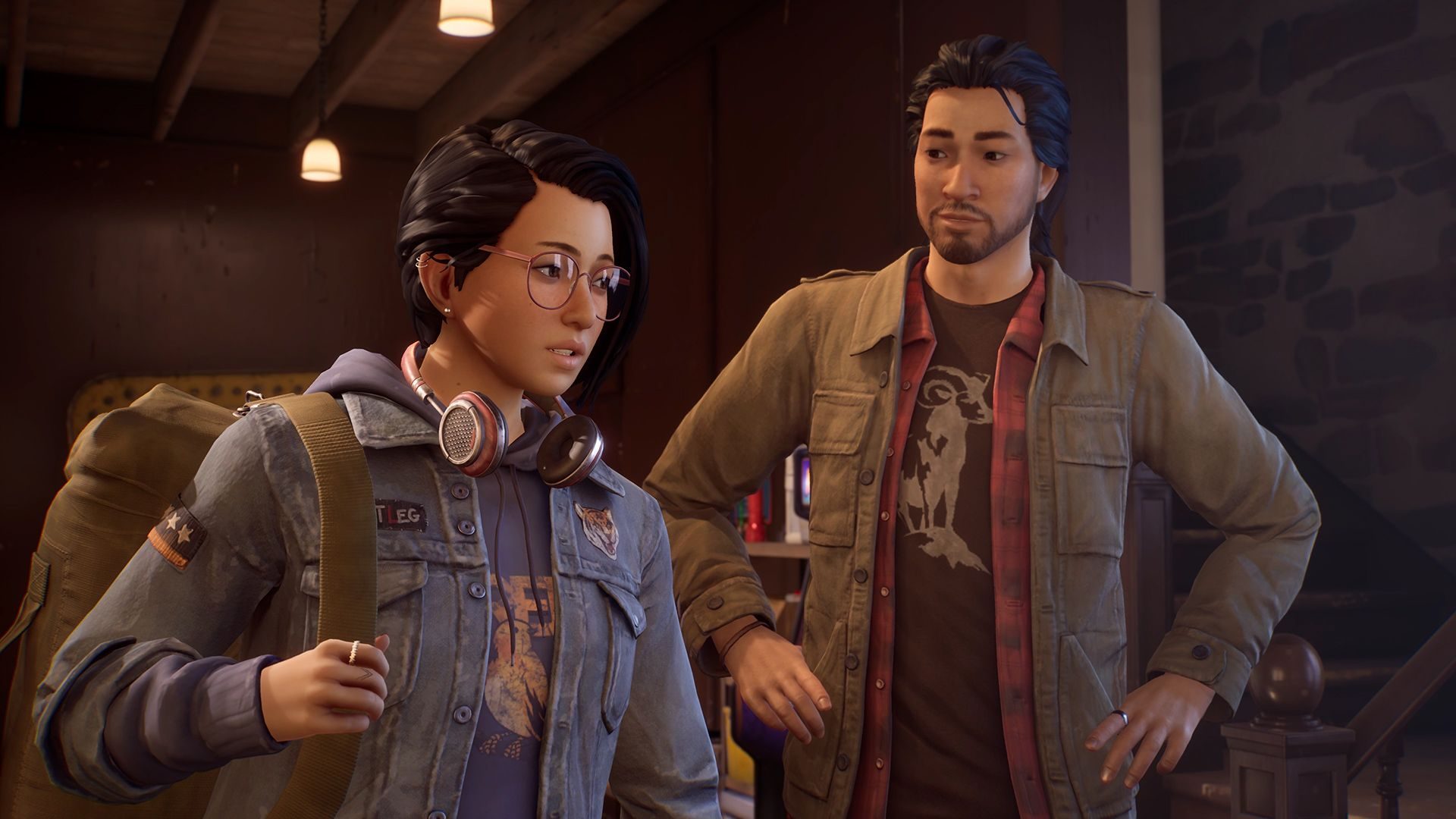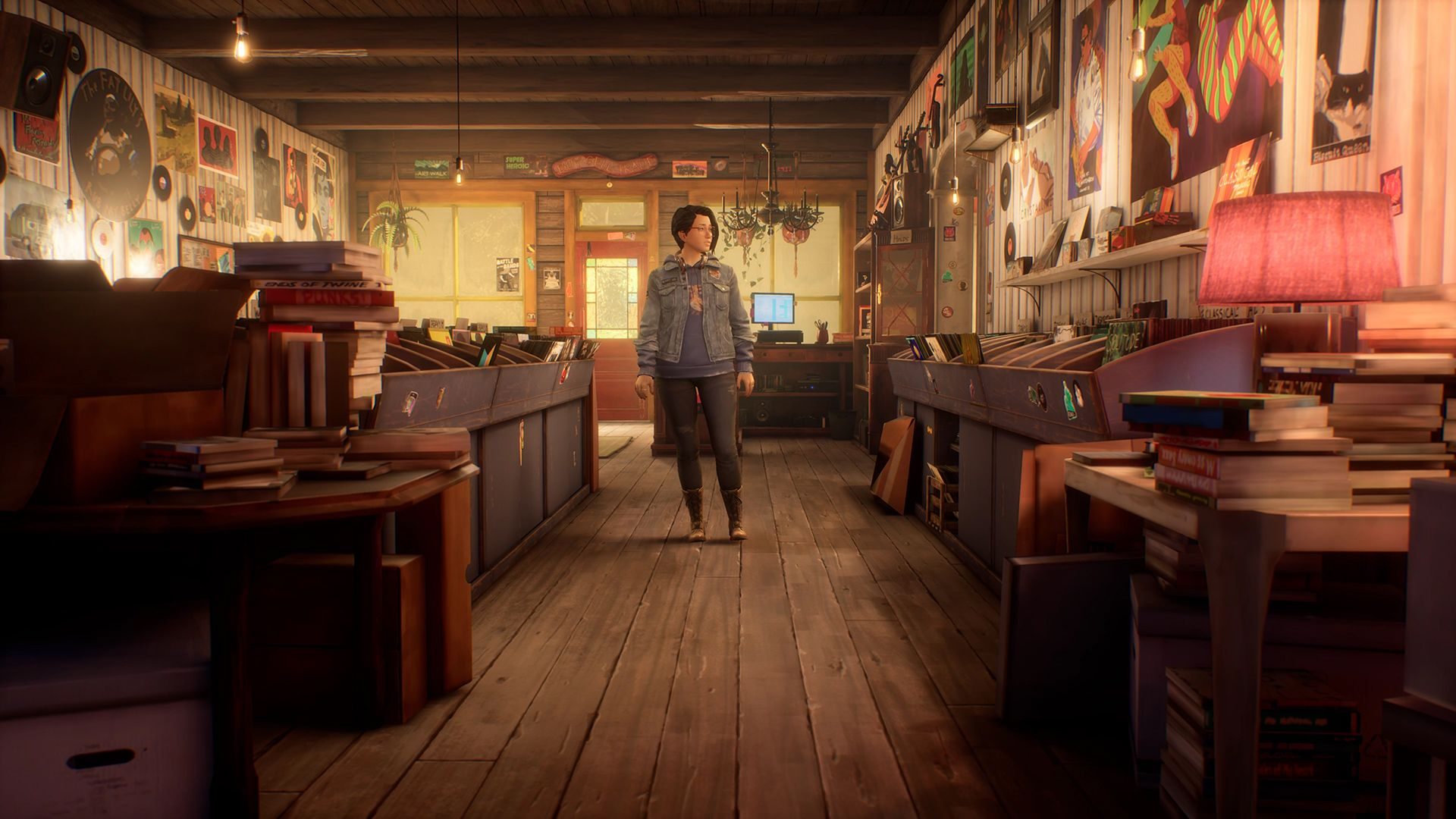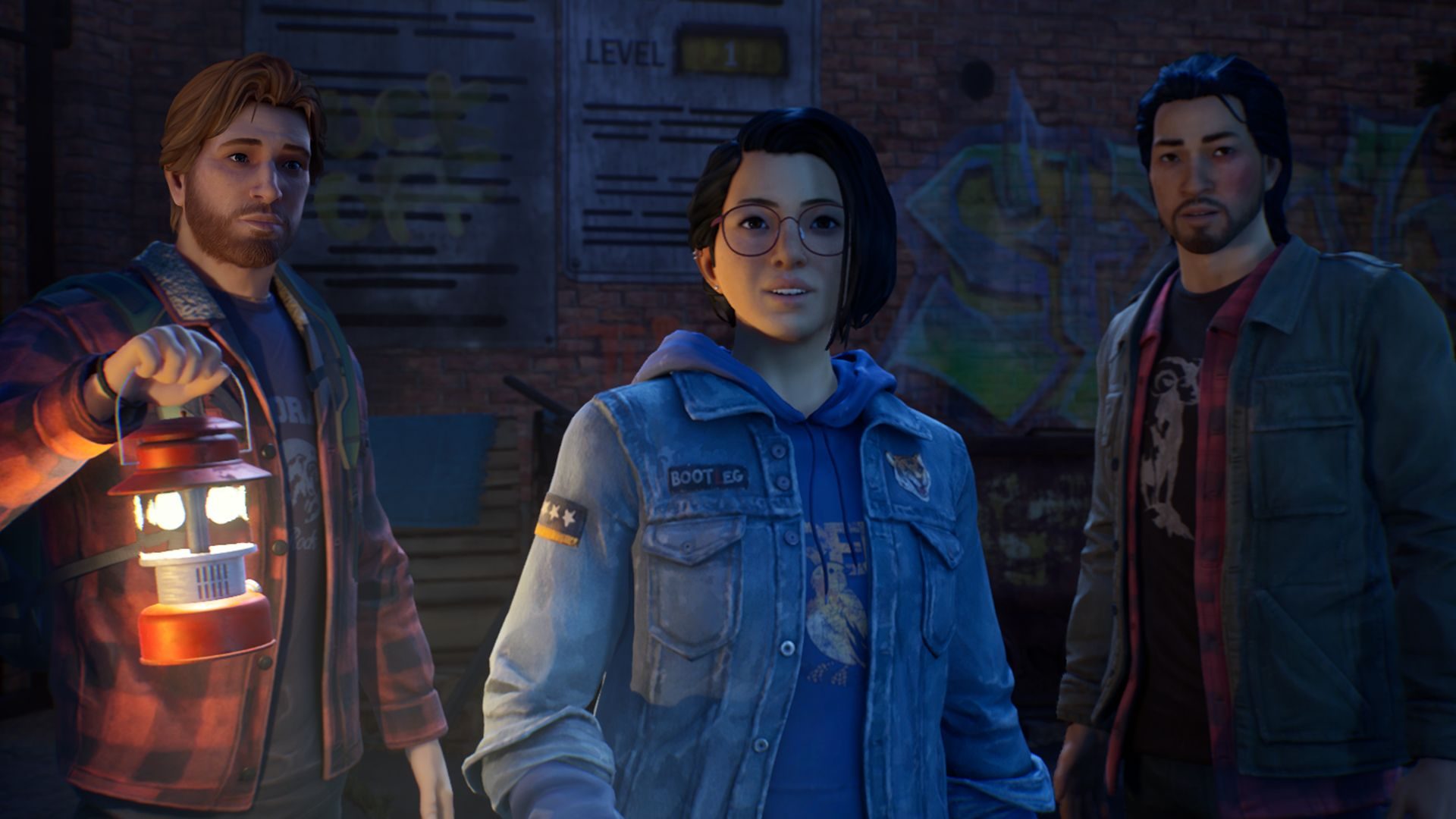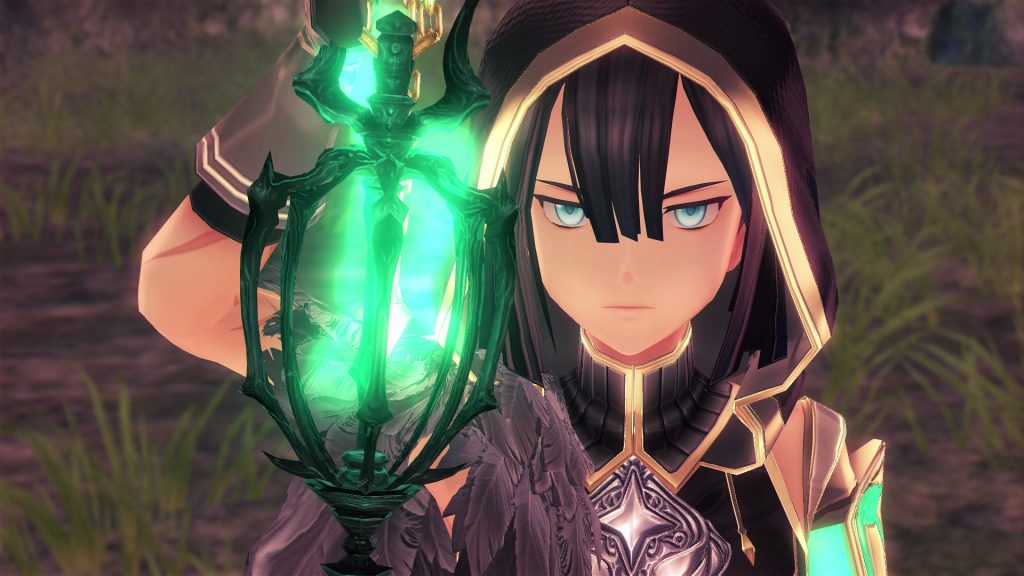Loss isn’t something you can prepare for. You could have months to ruminate on the eventual passing of a terminally ill loved one or have a sibling ripped away from you in a matter of seconds and the result will be the same. They’re gone, and you’re still here, left alone to pick up the pieces and live your life in a world without them. There is no right way to deal with grief, and the anger, heartbreak, denial, and acceptance we feel in the wake of such tragic circumstances is what makes us human. Loss has been explored in games before, but Life is Strange: True Colors presents a profound understanding of familial grief that feels bitingly personable, pulling us into the story of Alex Chen and refusing to let go.
Alex Chen is a young woman who has spent eight years of her life falling victim to the foster care system, bouncing between homes and facilities with relationships fading away alongside a sense of belonging she was never able to cement. She’s a broken person, knowingly beating herself down as people leave her behind in service of their own future. Having never had anything to hold onto, the future seems bleak, until a surprise reunion with her distant brother leads her to Haven Springs. This idyllic town in the midst of rural America seems perfect. The locals are lovely, the scenery is gorgeous, and after only a few moments on its streets Alex already feels like a well-worn local. For once, she’s found somewhere to call home.
Related: Starfield Isn't Coming To PS5 And We Should Stop Asking For It
Unfortunately, this is Life is Strange, so it doesn’t take long for a tragic twist to rear its head as her brother passes away. Much like Max Caulfield and Daniel Diaz before her, Alex is blessed with magical powers. She can’t turn back time or hurl cars at people, but she can delve into the inner emotions of those around her and have said feelings projected onto herself. If someone’s angry, she might burst into a fit of rage and violence, while a sudden instance of fear will cause her to make irrational decisions and leave those she cares about behind. This power has resulted in a sheltered life, any emotional bonds she’s capable of forming eventually falling apart because of the mental trauma she’s unable to abandon.

It’s a compelling narrative concept, and the game does a much better job of expressing this than any of the promotional materials. She isn’t just able to feel empathy – most human beings can – she’s able to develop a deeper understanding of your emotional state and see that reflected in her own actions. Some of the greater examples of this I can’t spoil as part of my preview, but one scene has Alex exploring a bar performing tasks on behalf of the owner. With a press of the shoulder button I could uncover people in the environment with thoughts on their minds. A voice line will provide initial context, but I can choose to delve even further and gain the option to help them with certain problems. It’s voyeuristic, but presents an element of fragility that taps into what makes Life is Strange so fantastic.
The series has always worn its heart on its sleeve, inviting us into a world ripe with melancholic characters and a poignantly relevant understanding of the youthful experience where seeing yourself in it feels almost inescapable. Existence isn’t always easy, and many of us will be forced to roll with the punches while taking solace in the beautiful moments that keep us grounded and happy. True Colors’ first chapter is awash with instances like this as Alex finally reunites with Gabe and their sibling relationship blossoms into one defined by cheesy jokes, awkward conversations, and a bond that shows that blood will always be thicker than water.

Gabe’s eventual passing sadly shows that, once blood is spilt, it can be awfully hard to wash off. This death is the narrative turning point, opening up a central mystery while forcing previously distant characters to reconcile their differences to focus on a common purpose. I have no idea where the story is going from here, and that’s an exciting prospect for a series that has both jumped the shark and fallen victim to predictability in previous games. Deck Nine is ready to surprise us here, and I can’t wait.
True Colors is deliberately minimalist in how it plays. You once again roam small, curated environments where you can interact with certain objects and characters, making dialogue decisions that advance the story in a way that’s shaped by everything you say and do. Alex’s powers are a mostly scripted affair, as in you can’t have a meltdown purely by delving into the emotions of everyone in Haven Springs, but such freedom would dilute what is quite clearly an experience meant to guide you on a predetermined path with emotional beats you have rampant influence over. Don’t expect this game to reinvent the wheel we’ve been using for almost a decade now, it’s familiar, comfortable territory where the originality comes from its story and characters instead of its mechanics, and that’s perfectly okay.

The opening chapter is a linear introduction that follows Alex as she meets a number of important characters, two of whom can be pursued as romantic interests depending on whoever takes your preference. Upon delving into Alex’s phone, which is filled with messages, and a social media app designed to ape Twitter, it is made clear she’s bisexual and has experimented with multiple partners, an element of romantic honesty I wasn’t expecting from a genre where choices like this are oftentimes so binary. Text messages with a seemingly lovely partner eventually evolve into frustration towards Alex not willing to have sex, being accused of avoiding physical intimacy before ghosting them completely. It’s a relatable discussion of consent, and True Colors has many worthwhile takes on sociopolitical issues rocking America right now. Weed is legalised in Haven Springs, while bigots on social media express disgust at Alex’s arrival because she’s robbing the town of its pure, white American image. You’re always in a place to stand up against this bigotry, or our heroine will voice disgust herself without any action from the player.
Life is Strange, its sequel, and Before the Storm have always come across as adults trying desperately to ape the attitudes of teenagers, and far too often it can result in an avalanche of cringe or strange narrative decisions that don’t make sense. True Colors feels like the series has finally evolved, with dialogue feeling more natural with only a few rare moments of “how do you do, fellow kids?” nestled in the midst of things. Vocal performances are excellent throughout, exquisite musical choices allowing the opening episode’s selection of emotional moments to shine with a resonance that few games in the genre can match. If you came into True Colors hoping for another emotional battering, this is everything you’ve been waiting for and more.

Having lost my own brother earlier this year, and a similar age gap separating Alex and Gabe, Life is Strange: True Colors feels like an unintentional form of therapy for me, and I imagine it will be the same for so many others. It doesn’t depict losing someone as poetic or overly dramatised. The moment is fast, sudden, and executed in a way that is impossible for you or Alex to comprehend. Much like death in reality, there is no reasonable way to deal with it, and the grief that comes after is a battle we’ll be fighting for the rest of our lives. Games like this are important, and the opening chapter of this new adventure could be paving the way for something special.
Next: Julia Stone On The Creation Of Life is Strange True Colors Emotional Soundtrack


